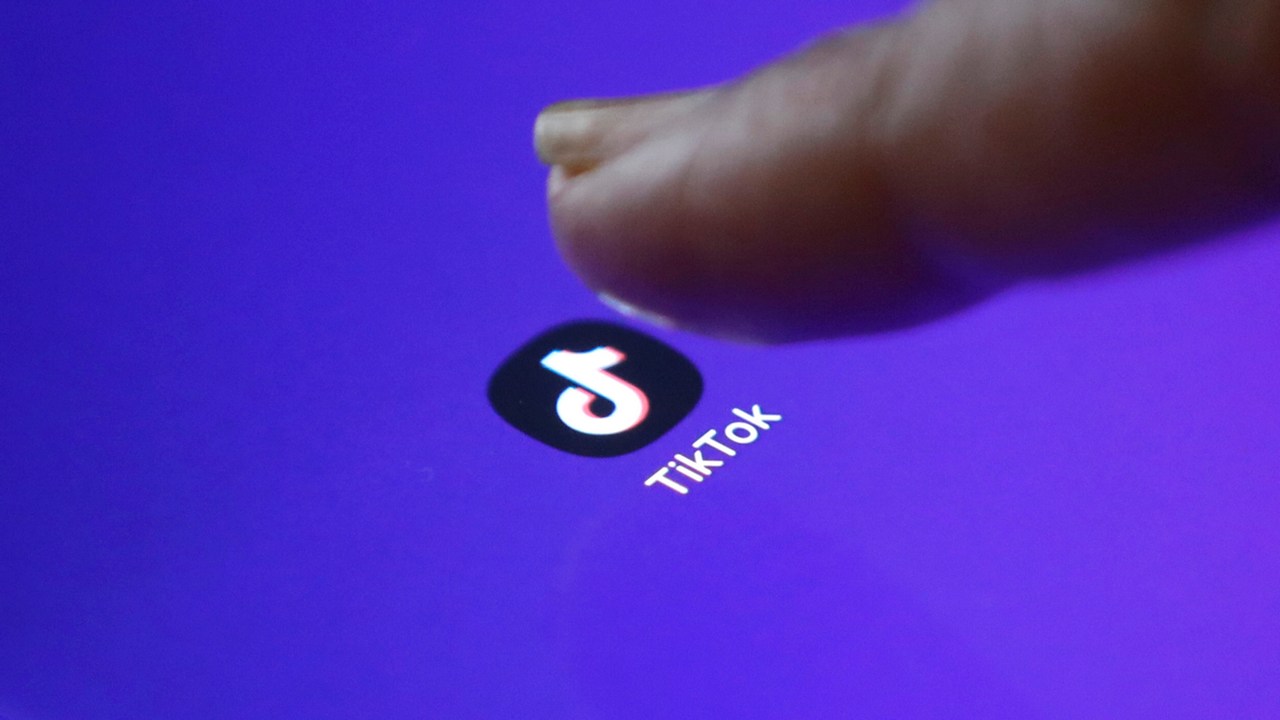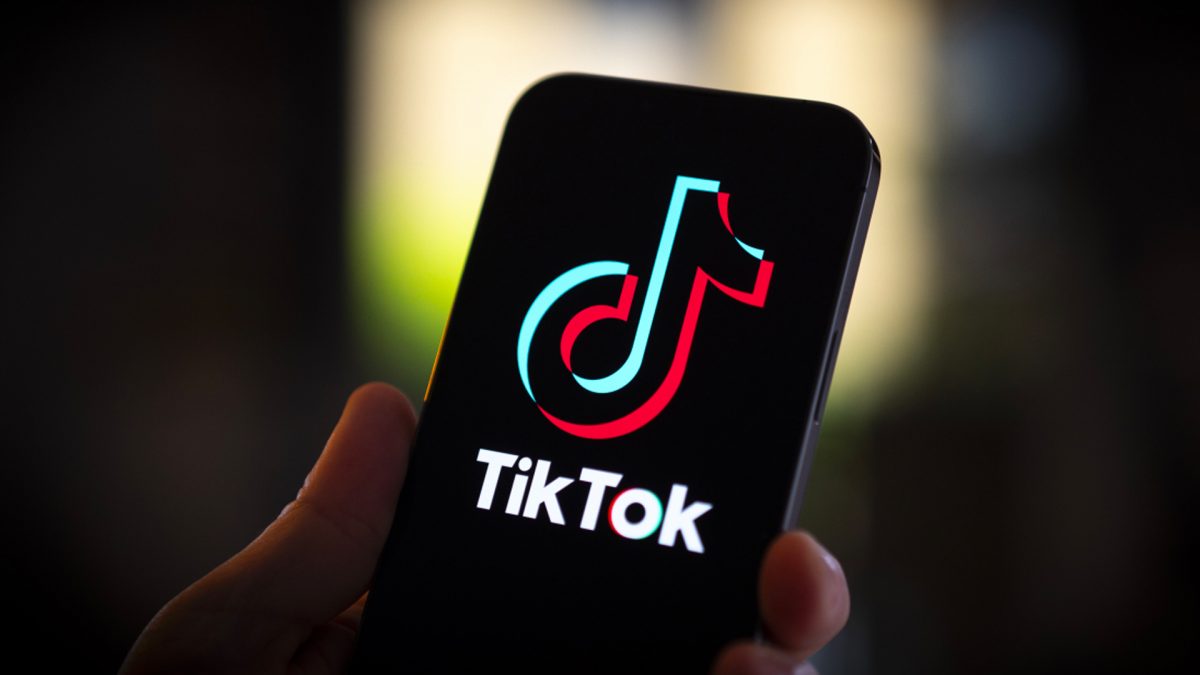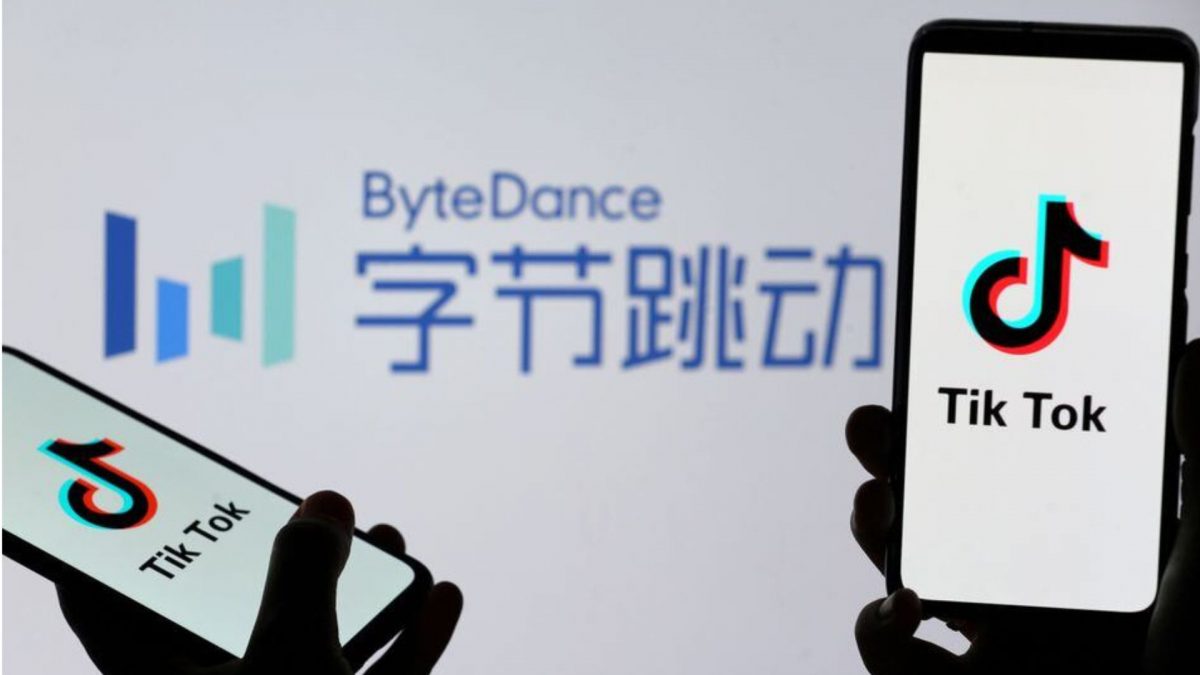Somewhere in the debate about whether apps like PUBG Mobile and TikTok are good for the country’s society, there needs to be more discussion about whether the recent bans by Indian authorities are constitutional ie. legally valid.
For the uninitiated, PlayerUnknown’s BattleGrounds (PUBG) is an online, multiplayer video game which can be played on various devices and involves players fighting for survival (and hence there is a degree of violence) within the game.
TikTok ( formerly known as musical.ly ) is a video sharing platform allowing people to share short videos, primarily consisting of them lip syncing and dancing to background music. A major difference with platforms like Instagram and YouTube is that TikTok allows users to pay each other money directly (minus a commission for the platform) if they like the content.
Both have been widely in the news for their addictive and harmful effects on children and millennials, their target market. A recent BBC study revealed some startlingly harmful facts about user behaviour on TikTok, to which the Children’s Commissioner for England responded by calling for consultations. Similarly, a host of reports have blamed PUBG Mobile and its addictive nature for suicides, abuse and accidents.
There’s no doubt that both PUBG and TikTok have their fair share of concerns. The question is, is an outright ban the answer?
Is banning TikTok the right approach?
The fundamental freedom of individuals to make personal choices was recently cemented by the Supreme Court in the Right to Privacy case. Similarly, the right to express oneself freely has been long recognised by the Supreme Court as part of the freedom of speech and expression.
PUBG is a video game and TikTok is a video sharing platform. There is little doubt that users are making personal choices and expressing themselves while using them. In other words, using these apps is their fundamental right. Fundamental rights can only be interfered with in a reasonable, proportionate and procedurally sound manner. As the Supreme Court recently held in the Aadhaar and other recent cases , proportionality involves carrying out a proper study or assessing empirical material on the issue sought to be addressed. It has also held that proportionality involves exploring less invasive measures, particularly before resorting to a prohibition.
With respect, both the Gujarat police’s bans (in certain districts) on PUBG and the Madras High Court ban on TikTok do not seem to have examined the material in sufficient detail to determine that a ban was the only possibility to curtail the harmful effects of these apps.
In fact, various less invasive measures could be explored which address the concerns on harmful content and addiction and yet do not fully curtail the legitimate freedom to use the apps.
For one, as far as TikTok goes, India has a specific regime to hold online platforms, known as ‘intermediaries’ , responsible under the Information Technology Act. This involves them taking due diligence measures like taking down harmful content expediently when it is brought to their notice. This is the regime under which platforms like YouTube and Facebook have been operating for years. These companies have armies of staff whose only role is to take down harmful content; there is no dearth of such content sought to be posted on these platforms as well.
As the BBC study shows, where TikTok may have fallen behind is not promptly taking down content and enforcing community guidelines. If this is found to be the case, TikTok should be held accountable as an intermediary under the Information Technology Act and suitable proceedings initiated. For instance, when TikTok was found to have violated the children’s privacy law in the United States, the Federal Trade Commission imposed a fine of $5.7 million . Similarly, the UK has announced a policy paper with an intent to create an independent regulator to oversee harmful content. These are examples of targeted and proportionate responses which involve addressing the harm yet not resorting to a ban.
For PUBG Mobile, a variety of less restrictive measures such as in-game warnings, education to children and adults, parental controls, and restrictions on playing time (eg, a certain number of hours a day) could have been explored. But to arrest college students for playing a video game — and addictive video games have been around for years — seems excessive. In fact, the Nepal Supreme Court on Friday stayed a ban on PUBG on the ground that it was not reasonable under its Constitution.
The Internet Freedom Foundation, a non-profit, has recently written a letter to the Ministry of Electronics and Information Technology suggesting a consultative process on these issues, as well as the constitution of a Cyber Regulations Advisory Committee as mandated by the Information Technology Act.
Setting a precedent?
Outright bans also lead to a slippery slope problem. If PUBG is banned, why not Fortnite Battle Royale, a very similar and popular game? If TikTok is banned, should short videos on Instagram and Snapchat also be banned? If only app downloads are banned, what about existing users? These questions raise concerns under Article 14 of the Constitution. Sweeping measures are rarely able to address harms without being excessively intrusive or discriminatory.
In the past, Indian authorities have also banned taxi aggregators like Uber and Ola and restricted trading in crypto-assets like bitcoin in a disproportionate manner. The former was lifted after it was realised that regulation is a better solution, and the latter is currently under challenge in the Supreme Court. Once upon a time, motor vehicles were also a new, disruptive technology. In 2015, about 1.5 Lakh people died in India as a result of road accidents, and about 5 Lakh were injured. This is a far worse toll than PUBG, and we haven’t banned motor vehicles.
PUBG and TikTok are just examples of new, immersive and disruptive activities in a rapidly evolving technological age. There are a variety of others on the horizon, such as virtual reality, augmented reality and driverless cars. Many such technologies come with significant benefits. The State should take on the role of an enabler, stepping in where and to the extent necessary, rather than in an excessive or arbitrary manner. Regulation is usually more appropriate than prohibition.
The author is a lawyer at Nishith Desai Associates. Views are strictly personal.
Disclosure: The author represents some petitioners in the ongoing Supreme Court case involving the constitutional validity of the RBI circular on virtual currencies, but does not have an interest in the outcome of the regulatory situations on PUBG and TikTok.


)




)
)
)
)
)
)
)
)